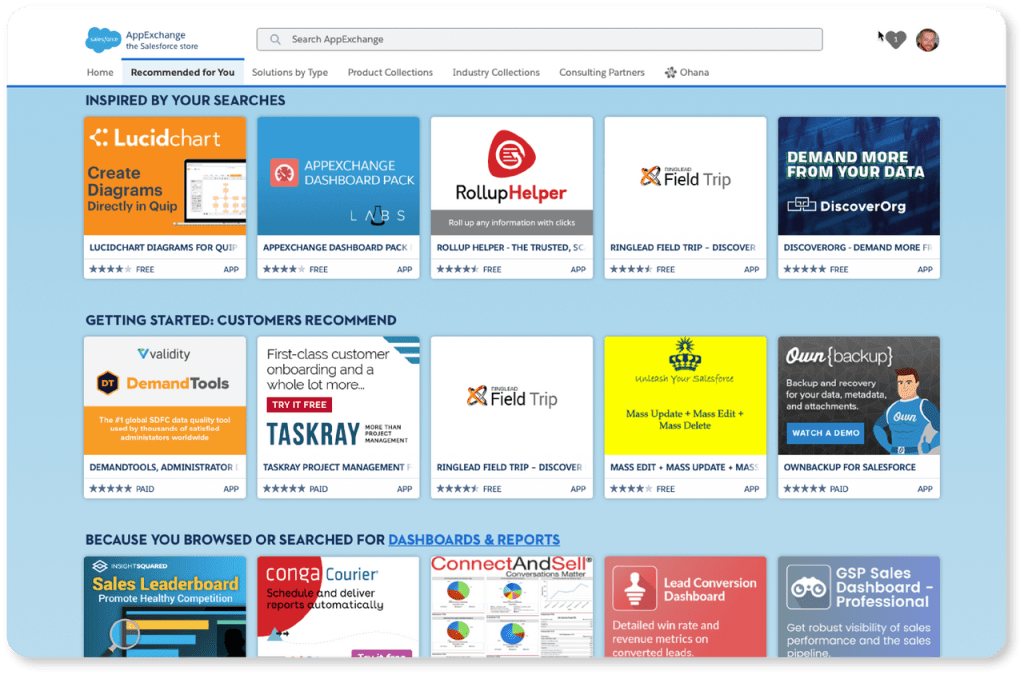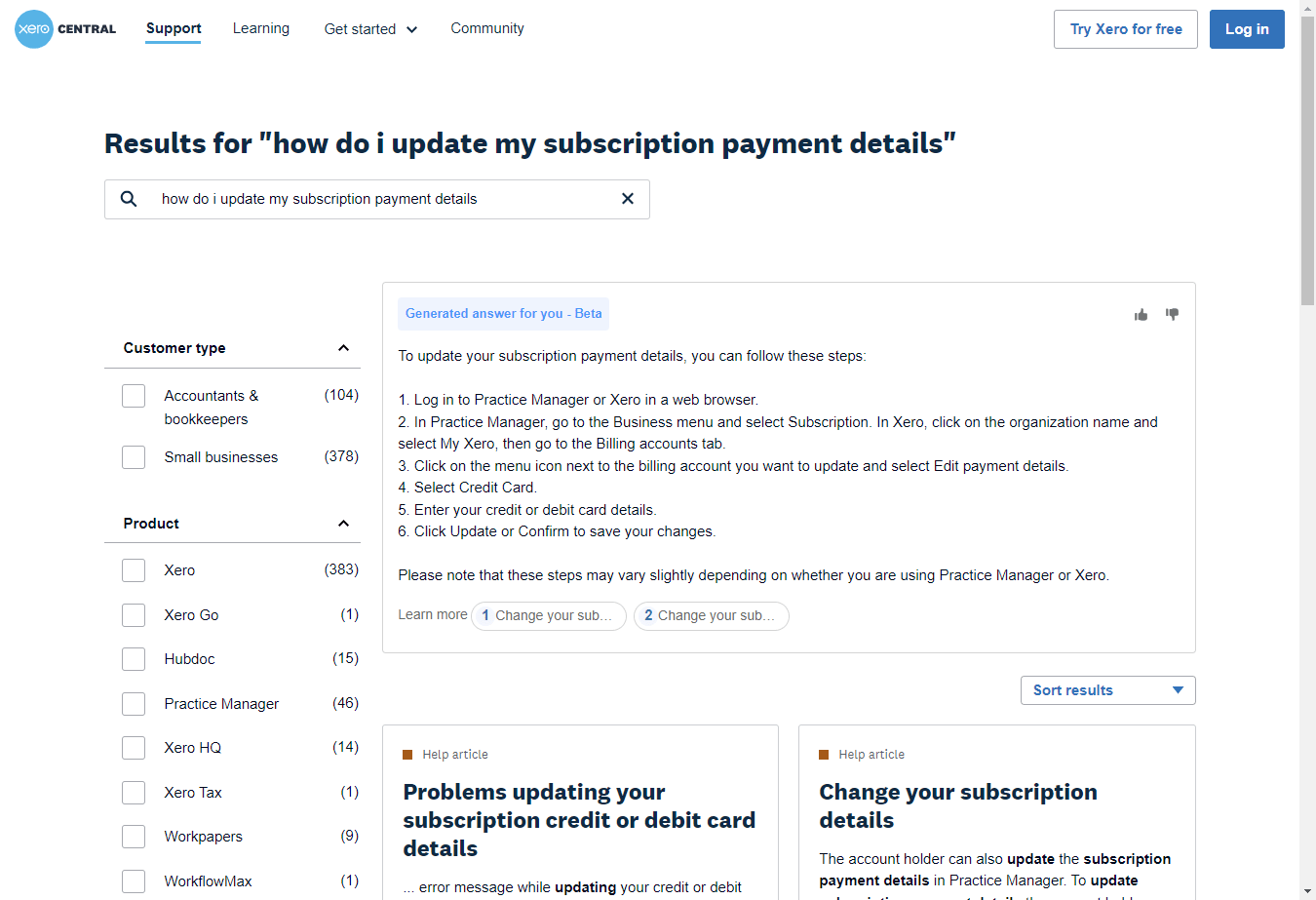Let’s be honest: enterprise AI can be overwhelming.
You’re juggling legacy systems, siloed data, compliance landmines, and high expectations from every corner of the org. And somewhere in the middle of all that? You’re supposed to scale GenAI across the enterprise.
You’re not alone. According to EPAM’s global survey of over 7,000 enterprise leaders, nearly half rated their AI maturity as “advanced,” and 5% went so far as to call themselves “disruptors.” But only 26% of those disruptors and advanced adopters had actually implemented AI use cases in-market.
That’s the disconnect — and the pressure point.
Because the appetite is real: AI budgets are climbing 14% year-over-year. Disruptors are forecasting over half their 2025 profits from AI. But for most, the reality is proof-of-concept purgatory — where tools are deployed, but value remains elusive.
Before we can talk about how to scale enterprise AI systems or unlock the full value of AI technology, we need a clear definition on what “enterprise AI” means in an environment where consumer AI hype is amped up to 11 and new tools and innovations are being launched on the regular.
What Is Enterprise AI?
Enterprise AI refers to the application of artificial intelligence technologies within large organizations to enhance operations, improve decision-making, and drive business transformation. It encompasses various AI-driven solutions that automate processes, optimize workflows, and provide insights from data.
At Coveo, we bring AI into digital experiences through intelligent information retrieval — otherwise known as search. That means helping users find what they need, wherever it lives — whether it’s guiding shoppers through complex catalogs, answering questions about a financial situation in a self-service portal, or arming sales teams with fast answers that help close deals.
While the AI conversation often gets crowded with buzzwords like “conversational AI” or “operational efficiency,” the real value comes through clear, practical impact. We focus on making those benefits real — turning AI into something useful, not just impressive.
What Are Some Examples of Enterprise AI?
One of the advantages of modern enterprise AI — especially with platforms like Coveo — is that you don’t have to rip out or radically change your existing tech stack to get started. Our AI models are designed to work as a layer on top of your current systems, connecting to your content and data wherever it lives through robust connectors and integrations.
This lets you incrementally adopt AI capabilities, enhance search, and add other AI models without major disruption. You can start small and prove value quickly. Scale your AI investment as needs evolve — all within the systems and workflows you already have in place.
Our AI models are designed for the enterprise, and immediately work out of the box. Here are a few examples:
Relevance Generative Answering
Generative AI has become a pivotal shift for digital experiences — and Coveo’s Relevance Generative Answering takes it one step further.
Built for the enterprise, it crafts accurate, real-time answers grounded only in your trusted content, not the open web. Integrated directly into the search experience, it adds a dedicated answer area to your results page, helping users get what they need, faster.
From Zoom to SAP Concur to Xero, leading brands are already seeing the impact.
Building your own GenAI apps or working with tools like Copilot or Einstein? Our Passage Retrieval model brings Coveo’s trusted retrieval power to any LLM you choose.
Query Suggest
Search is everywhere in digital experiences for good reason — but it often asks users to know exactly what they’re looking for. That’s where Query Suggest steps in.
It eases the mental load by offering helpful prompts as query users type, nudging them toward the right question even if they’re not sure how to phrase it. Also known as autocomplete or type-ahead, this feature recommends queries based on real behavior, helping users discover faster and with less friction. It’s a small interaction with a big impact on satisfaction.
Automatic Relevance Tuning
Enterprise AI can do more than match keywords — it can learn what your users actually mean.
By factoring in behaviors like query rewrites, clicks, and even what happens after a search (like submitting a support ticket), Coveo’s Automatic Relevance Tuning (ART) model gets smarter over time.
It learns what works, what doesn’t, and what searchers are really after — whether they type a broad, fuzzy phrase or a detailed, multi-part question. ART helps your experience feel intuitive, accurate, and helpful — no manual tuning required.
Content Recommendations
Search is a powerful way to meet users where they are — but it’s often just the beginning. Content Recommendations keep visitors engaged and guide them further, even redirecting them in key moments like help ticket submissions.
These AI models surface the most relevant content for each user based on similar users’ clicks and behavior. For example, a search for “running tips” might lead to gear reviews, community posts, and instructional videos. If a user then views an article about shoes, they might see related content like breathing techniques or smart fitness tutorials.
And if they skip search entirely and go to submit a help ticket, you can still serve dynamic, helpful content alongside the form — possibly resolving the issue before submission.
Content Recommendations turn self-service into smart service, helping users find answers faster while freeing up your team for complex support needs. It’s how you show users you’re listening—and guiding.

How Generative AI Will Reshape the Enterprise
Generative AI has proved its value beyond simple AI-powered tools for a couple of years, delivering meaningful efficiency gains for enterprises. The real potential of genAI lies in its ability to completely reimagine processes and workflows. But before you can get there, you need a proactive versus reactive approach to implementation.
This requires you to develop a measured, governable strategy for AI use cases. Start by focusing on AI as a platform, not just a point solution by:
- Identifying key areas where AI can drive significant impact (customer service, knowledge management, etc.)
- Align your AI approach with measurable value by developing clear goals and KPIs.
- Consider shifting towards agentic AI systems, where an AI agent (or multiple agents) can autonomously execute tasks and workflows.
A shift from GenAI towards agentic AI requires careful planning and governance so that agents act in accordance with business rules and ethical guidelines. Agentic systems, like genAI systems, are intelligent in that they can learn. They get better over time, adapting and responding autonomously. This makes it critical for enterprises to make sure they get it right.
Relevant viewing: Grounding AI Agents for Enterprise Success
A Framework for Applying AI in The Enterprise
An effective enterprise AI framework is built around context. An AI response to a user query, for example, needs to match the context of the user and the situation. A customer searching for product information on your website versus an employee searching for the same information on your internal knowledge base won’t (and shouldn’t) have access to the same information.
In this scenario, the employee may have access to internal documentation, pricing strategies, or support workflows that are not available to the customer. The AI system should recognize these different permission levels and ensure that sensitive information is only surfaced to authorized users, preventing potential data breaches or compliance issues.
This is why enterprise AI requires the right foundation so that it’s sustainable and scalable, but also secure. Here’s a practical framework to guide your approach:
Define business priorities
Pinpoint the issues and challenges that matter most in the context of your business, without being distracted by AI hype. Ask yourself (and your team) where AI will drive real impact.
The starting point is often your data and existing content. What shape is it in? Make sure your underlying knowledge base is where it needs to be to produce accurate, reliable GenAI results.
Assess data and content readiness
Before launching any AI initiative, audit your data and content sources. Are your product catalogs, support articles, or customer records up to date and accessible?
If you want to use AI to power customer self-service, your help center content must be comprehensive, well-structured, and current. Gaps or inconsistencies here will directly affect the quality of content retrieval and answer generation.
Relevant reading: 6 Data Cleaning Challenges Blocking AI Success
Build governance into every step
Establish clear guidelines for how AI will be used, monitored, and improved. You’ll need to create a review process for AI-generated outputs and define who is responsible for oversight. This is particularly important for enterprises who must maintain compliance with privacy and security standards.
One example: if you implement AI-powered search, set up regular audits to catch hallucinations or outdated information before it reaches customers.
Relevant reading: AI Hallucinations: When No Answer Is The Best Answer
Pilot with a focused use case
It’s tempting, but problematic, to roll out AI everywhere. We recommend kicking off a GenAI strategy by identifying a single, high-impact use case — like automating responses to common support tickets or surfacing relevant documents for sales teams. Measure outcomes, gather feedback, and iterate. This builds internal expertise and helps demonstrate value before scaling further.
Prioritize change management and upskilling
AI is an organizational shift that goes beyond your tech or marketing teams. Identify the departments most affected by your pilot and provide hands-on training, not just documentation.
For example, if you’re introducing AI-powered recommendations for your ecommerce merchandising team, run training seminars or workshops to show how the system operates and how to interpret its suggestions. Encourage open feedback and adapt your rollout based on real user experience.
Enterprise AI Success Stories
These organizations are leveraging AI to add tangible value based on measurable metrics like improved resolution rate and case deflection. Here’s a closer look at their success:
Xero improves self-service resolution for millions of customers
Xero, a cloud-based accounting platform with nearly 4 million subscribers, achieved a 20% increase in self-service resolution rate thanks to several AI capabilities.

By implementing AI-powered search and intelligent content recommendations, Xero empowered customers to find answers independently, reducing the burden on support agents and improving overall satisfaction.
F5 Networks delivers timely and relevant support with AI search
F5 Networks, a multi-cloud application security and delivery company, faced challenges in providing support to its diverse customer base.

Through implementing AI-powered search across their support resources, F5 improved self-service success by 11%, saw an uplift in visitor search result clicks and received a big bump in knowledge article feedback. Better self-service meant that F5’s support team could focus on more complex issues.
SAP Concur enhances customer support with generative answering
SAP Concur, a provider of travel, expense, and invoice management solutions with 66 million global users, wanted to enhance its customer support experience and reduce agent workload.

They implemented generative answering, giving their millions of customers instant, AI-powered answers to support questions. It took SAP just 3 months to hit their 6-month benchmarks. After implementation, they reduced their annual cost-to-service cost by $8.6 million and search queries per visit dropped by 80%.
Get Your Enterprise AI-Ready
Implementing enterprise AI demands a strategic approach to preparing your organization. A clear definition of your business priorities, a deep understanding of your data landscape and content readiness, a strategy for oversight, and robust employee support — all of this helps create a strong foundation for enterprise AI.
It’s what lets you move beyond experimentation to support secure, scalable, and measurable AI initiatives that add real value quickly.
Coveo’s AI-powered platform integrates seamlessly with your existing enterprise systems, allowing you to leverage your current tech investments while incorporating AI technology. Start your AI journey with Coveo and discover how we can help you achieve rapid ROI without reinventing your entire tech stack.


